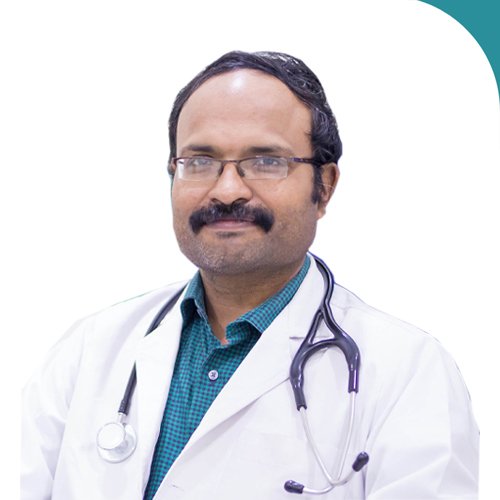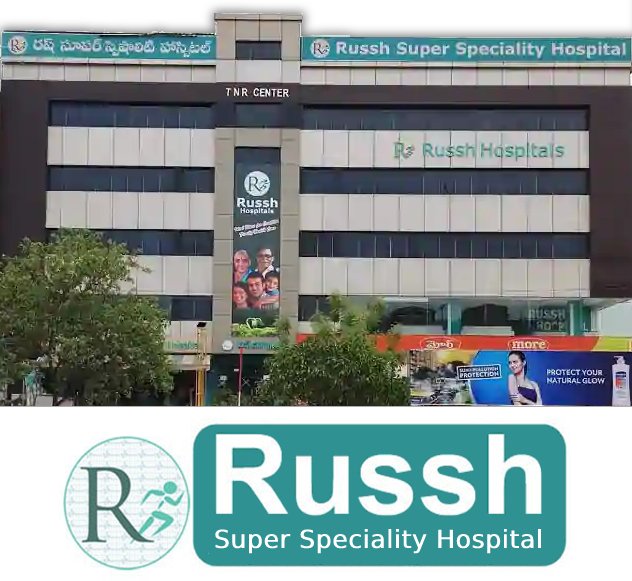Medical Gastroenterology
Gastroenterology hospitals in Suchitra kompally, Hyderabad
Medical Gastroenterology is a medical specialty that focuses on diagnosing and treating conditions that affect the digestive system, that includes the esophagus, stomach, small intestine, large intestine (colon), liver, pancreas, and gallbladder. Medical gastroenterologists are doctors who have specialized training in managing conditions that affect the digestive system, including digestive disorders such as acid reflux, irritable bowel syndrome, and inflammatory bowel disease.
Gastroenterologists use a variety of tests and procedures to diagnose and treat digestive disorders, including endoscopy, which involves inserting a flexible tube with a light and camera into the digestive tract to visualize the inside of the digestive system. Other tests and procedures used in medical gastroenterology include colonoscopy, upper endoscopy, and liver biopsy.
Medical gastroenterologists work closely with other healthcare professionals, such as nurses, dietitians, and primary care doctors, to provide comprehensive care for patients with digestive disorders. They may also provide education and support to help patients manage their conditions and maintain good digestive health.
When to consult a gastroenterologist
There are many reasons why you need to see a gastroenterologist. Some common indications for consulting a gastroenterologist include:
- Persistent digestive problems: If you have ongoing digestive problems such as acid reflux, abdominal pain, bloating, constipation, diarrhea, or difficulty swallowing, you may need to see a gastroenterologist for evaluation and treatment.
- Changes in bowel movements: If you have noticed changes in your bowel movements, such as diarrhea or constipation, or blood in your stool, you should see a gastroenterologist for evaluation.
- Digestive symptoms that interfere with daily life: If you have severe digestive symptoms that interfere with your everyday life, you may benefit from seeing a gastroenterologist for treatment.
- Family history of digestive disorders: If you have a family history of digestive disorders such as inflammatory bowel disease or colon cancer, you may be at increased risk for these conditions and may need to see a gastroenterologist for regular check-ups and screening tests.
- Abnormal test results: If you have had a test such as a colonoscopy or upper endoscopy and the results were abnormal, you may need to see a gastroenterologist for further evaluation and treatment.
It’s important to note that not all digestive symptoms require a visit to a gastroenterologist. Your primary care doctor can help you determine the best course of action based on your specific symptoms and medical history.
Tests and procedures in gastroenterology
Gastroenterologists may use several tests and procedures to diagnose and treat conditions that affect the digestive system. Some common tests and procedures used in gastroenterology include:
- Endoscopy: Endoscopy is a procedure that involves inserting a flexible tube with a light and camera into the digestive tract to visualize the inside of the digestive system. There are several types of endoscopy, including esophagogastroduodenoscopy (EGD), which examines the esophagus, stomach, and duodenum; colonoscopy, which examines the colon and rectum; and sigmoidoscopy, which examines the lower part of the colon.
- Upper endoscopy: Upper endoscopy, also known as esophagogastroduodenoscopy (EGD), is a procedure that uses an endoscope to examine the esophagus, stomach, and duodenum.
- Colonoscopy: Colonoscopy is a procedure that uses an endoscope to examine the inner side of colon and rectum.
- Sigmoidoscopy: Sigmoidoscopy is a procedure that uses a flexible tube with a light and camera to examine the lower part of the colon.
- Liver biopsy: A liver biopsy is a procedure in which a small sample of liver tissue is removed and examined under a microscope to diagnose or monitor liver conditions.
- Capsule endoscopy: Capsule endoscopy is a non-invasive procedure in which the patient swallows a small capsule with a camera inside, which takes pictures of the inside of the digestive tract as it passes through.
- Stool tests: Stool tests are used to detect the presence of blood, infection, or other abnormalities in the stool.
- Breath tests: Breath tests diagnose conditions such as lactose intolerance or Helicobacter pylori infection.
- Blood tests: Blood tests can be used to evaluate liver function, check for anemia, or detect inflammation in the digestive tract.
When looking for a gastroenterologist, consider factors such as location, reputation, experience, and availability. At Russh hospitals, you find the best medical gastroenterologists in Suchitra, Hyderabad.

Dr. V. Vamsidhar Reddy
MD (Gen.Med), DM (Gastro)
Consultant Medical Gastroenterologist,
Hepatologist & Therapeutic Endoscopist
OPD Hours
Emergency Cases
Please feel welcome to contact our friendly reception staff with any general or medical enquiry call us.

WELCOME TO RUSSH SUPER SPECIALITY HOSPITALS
